If you are contemplating filing for bankruptcy and owe the IRS or state tax debt, seek experienced legal counsel regarding your IRS debt and all other bankruptcy‑related issues.
When you file for personal bankruptcy and back taxes are owed, make no mistake about it, the IRS and the state want their money. Fortunately, under the current bankruptcy laws, certain taxes and back taxes may be discharged or excused by the bankruptcy court as part of the bankruptcy process.
The only type of taxes eligible to be discharged or excused in personal bankruptcy is personal income taxes. Business tax debt from unpaid payroll taxes and federal and state withholding or "trust fund" taxes that employers collect on behalf of the IRS or state are never dischargeable. Tax debt from unpaid personal income tax must meet a five‑requirement threshold before it can be considered for IRS discharge in bankruptcy:
* The tax filing due date must be at least three years, including extensions, before the bankruptcy filing.
* Even if filed late, the tax return must have been on file for at least two years before the bankruptcy filing.
* The IRS tax assessment, which could have come from an IRS audit, a reported balance due, or a proposed
assessment that has been finalized, must have been completed more than 240 days before the bankruptcy filing.
Note that certain events can "toll" or suspend the 240 days.
* The tax return cannot have been deemed fraudulent.
* The taxpayer cannot willfully have tried to evade taxes.
For individuals, the most common type of bankruptcy is Chapter 13. Before filing bankruptcy including taxes, here are some things you should know:
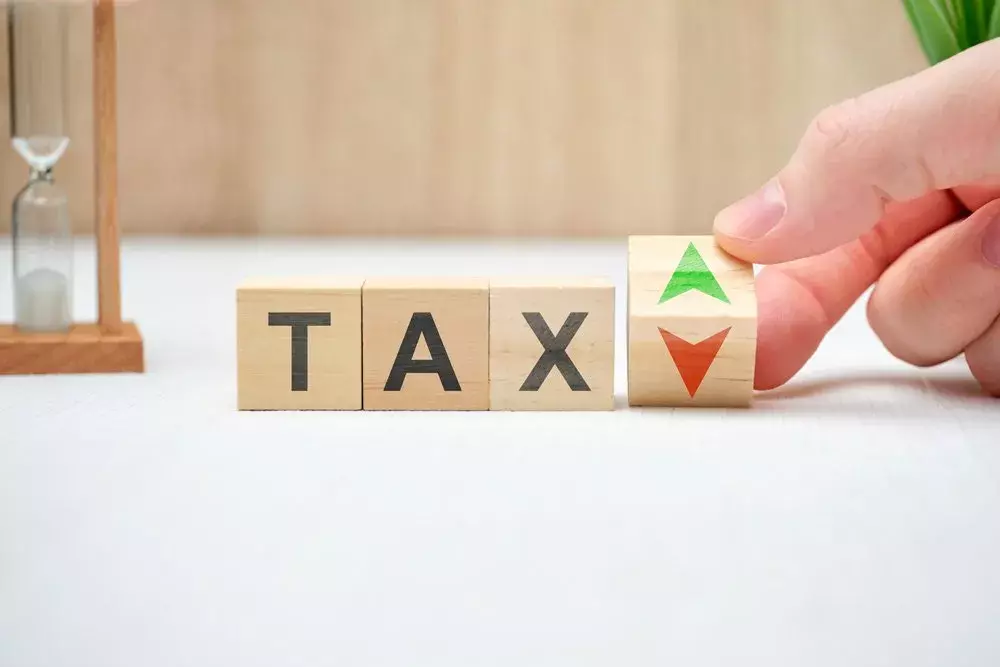
You must file all required tax returns for tax periods ending within four years of your bankruptcy filing.

You must continue to file or get an extension of time to file all required returns during your bankruptcy.

During your bankruptcy case, you should pay all current taxes as they come due.
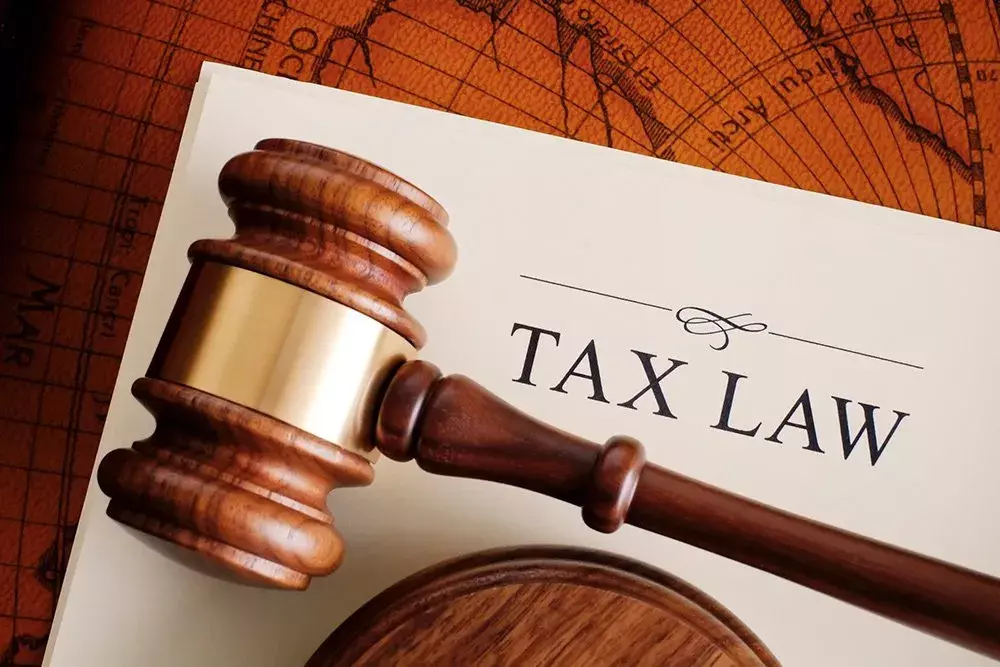
Failure to file returns or pay current taxes during your bankruptcy may result in your case being dismissed.
Pursuant to BAPCPA "We are a debt relief agency. We help people file for bankruptcy relief under the Bankruptcy Code."

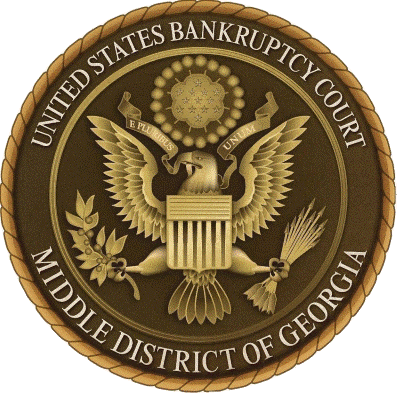

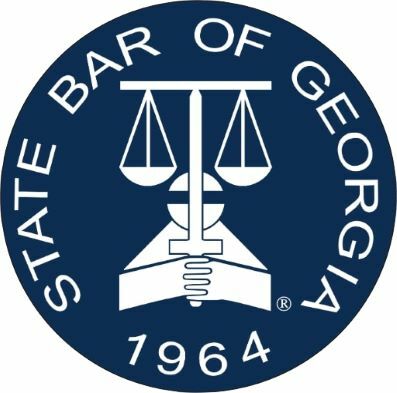
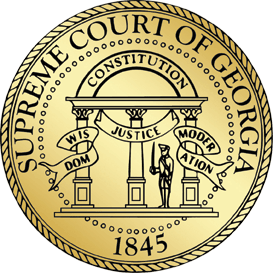

Content, including images, displayed on this website is protected by copyright laws. Downloading, republication, retransmission
or reproduction of content on this website is strictly prohibited. Terms of Use | Privacy Policy